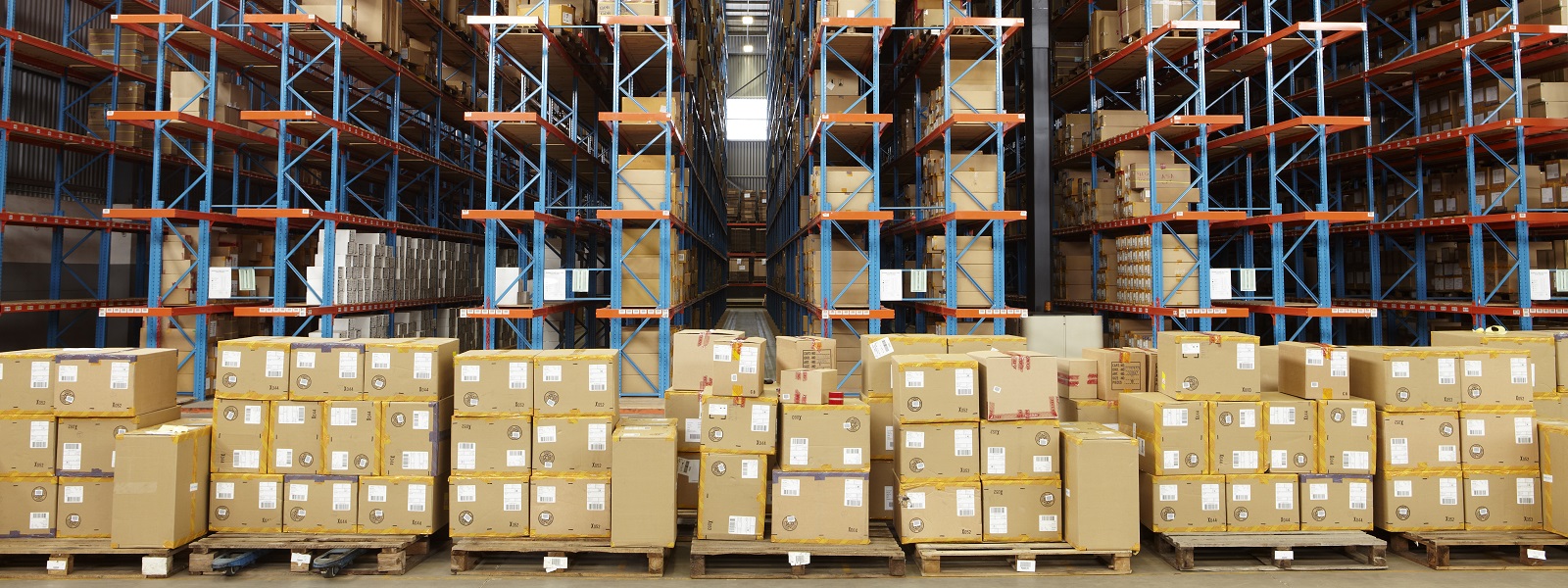France is opening its eyes to a more inclusive, grander vision of Europe in which France takes center stage. Year-end 2017 M&A figures reflect this change, painting a positive picture for the months ahead. French acquirers invested US$113.4 billion across 502 deals outside the country's borders over the year, an all-time record annual volume for outbound transactions.
The opening months of 2018 offer further promise. The first quarter of the year saw 87 deals valued at US$36.7 billion invested by French firms abroad—the highest first quarter value on record—with two blockbuster deals leading the way: Sanofi’s US$11.1 billion proposal to acquire US-biotech firm Bioverativ and AXA’s US$14.8 billion planned purchase of insurance provider XL Group.
Reform and growth in motion
French president Emmanuel Macron did undoubtedly contribute to the rise in outbound activity, given his longtime commitment for a more outward-looking France. In 2015 and 2016, with Macron acting as economics minister of former President François Hollande, the country introduced more reforms and pro-business policies—including relaxed labor laws—than any other major advanced economy. Such changes continue to have a positive effect on France's economic momentum; French GDP expanded by 1.9% in 2017, the highest rate in six years.
Europe overall has been growing robustly after a prolonged slump. The eurozone is anticipated to grow at 2.2% in 2018. And healthy economic activity grows M&A traffic.
Chosen targets
The US was the primary recipient of French outbound M&A activity in Q1 2018, with 13% of outbound French M&A transacted in the US (13 deals). But 45 deals, or 45% of total outbound activity, targeted European firms, the three leading markets being Spain (12 deals), Italy (8 deals) and Germany (7 deals).
There is every reason to expect that French firms will remain highly active in Europe. A crucial part of Macron's reforms has been to address the country's corporate tax rate, which will taper down over the next four years from 33.3% to 25%.
While some of the surplus capital freed by the tax cut will likely be used to repay debt and make share buybacks, one consequence of increased post-tax profits is a greater appetite for value-enhancing deals. As such, French acquirers will increasingly look to their European neighbors for opportunities.
New ambitions, old ways
While France's ambitions for Europe's future hold great promise, overcoming opposition to deals within the EU is not without its problems, at both local and national levels. After Italy's Atlantia won approval from Spain's stock exchange regulator for the US$34 billion takeover of domestic toll road operator Abertis, the deal was blocked by two Madrid ministries, saying in December 2017 that the deal required government assent. (In January, the Spanish government approved Atlantia’s right to make a competing bid for Abertis against Hochtief).
In October, the Italian government put in place certain vetoes known as the “golden power,” which had never previously been exercised, in connection with French media conglomerate Vivendi, a 24% shareholder in Telecom Italia (TIM).
Vivendi aims to go head-to-head with Netflix in Europe, and TIM is considered a key asset in that strategy. However, the Italian government wishes to exercise certain controls, despite no longer being a shareholder in TIM, over national security concerns related to the telecommunications operator's software division and submarine network.
In the same month that Italy set out its conditions, French finance minister Bruno Le Maire told a business conference that competition and antitrust concerns should be put aside in the face of competition from the US and China, and “no longer be the alpha and omega of European industrial policy.”
“Europe will be a big industrial power on the world stage once we have the courage to unite, rather than separate ourselves,” Le Maire added.
If Europe is to truly repurpose its industrial policy and make way for M&A that will ensure it maintains its position as the world's largest collective economy—ahead of the US and China—the EU may need France in the vanguard position.





